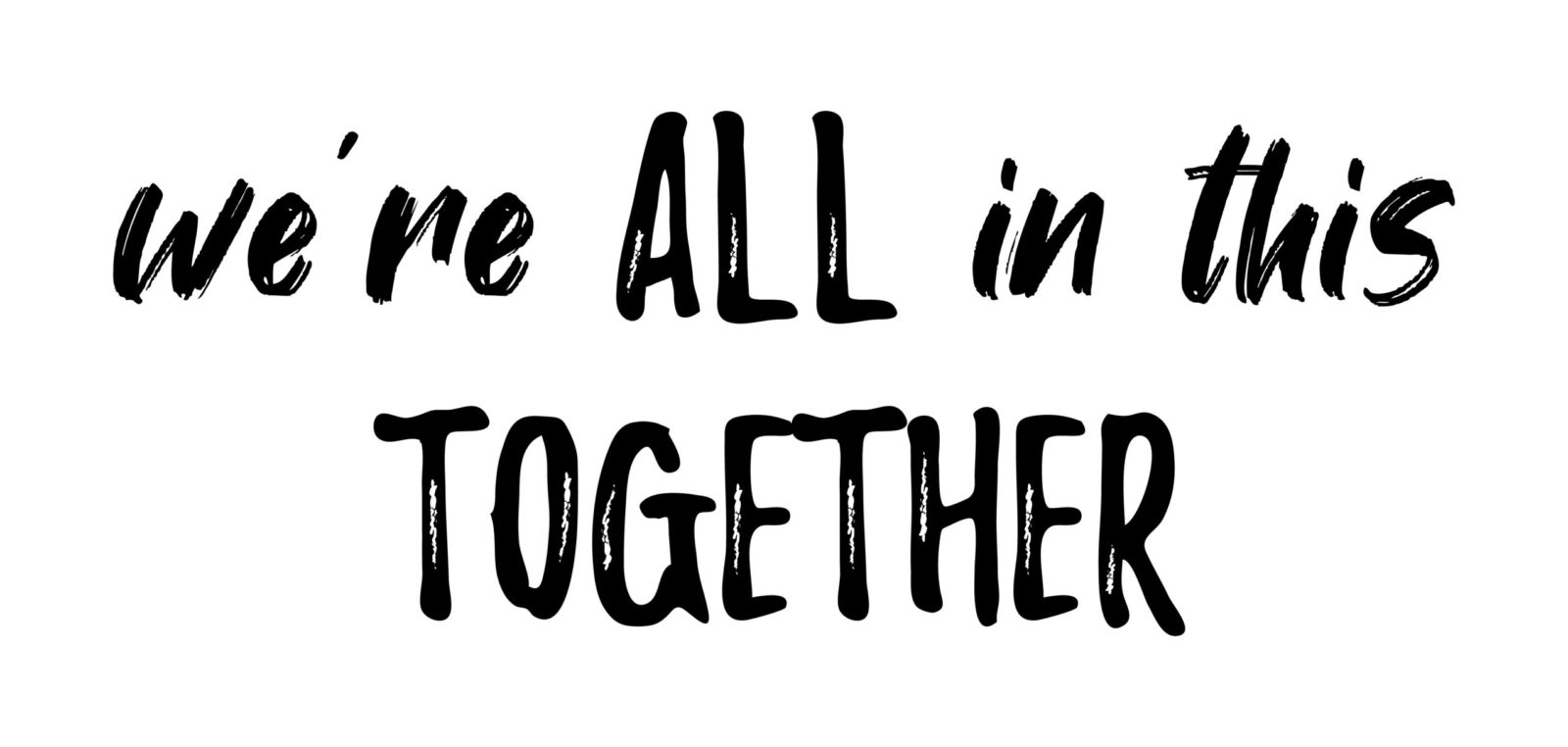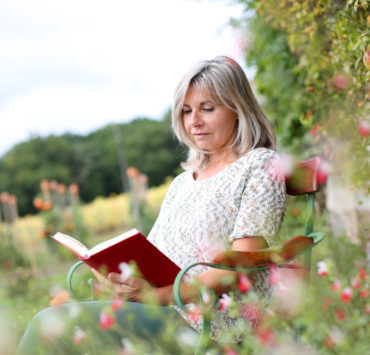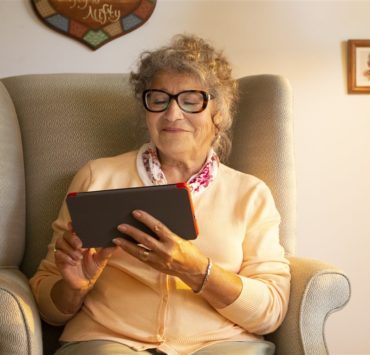A Sense of Community


Kristen Houghton’s new book, Lilith Angel, was published in April,…
In my grandparents’ neighborhood there was a man who was pretty much what today we would consider to be homeless. He was a former soldier who had some mental health problems that kept him from being able to hold down a job and he had no permanent address. He walked with a pronounced limp from a combat injury and, because of PTSD, he rarely spoke.
Yet, despite all this, he never went hungry and never slept in the rain, cold, or oppressive heat on the streets. He didn’t lack for clothes or blankets, and was protected from anyone who might taunt or make fun of him. The Italian-American community where he lived took care of him. He was part of the neighborhood and as such was the responsibility of all the inhabitants of the community.
I remember my grandmother taking her turn making extra food for this man. My grandfather, along with the other men in the community, giving him clothes. The local barber cut his hair. He slept in a warm shed in someone’s yard. Even the town dentist took care of him when he was in pain from an abscessed tooth. His needs were cared for by the community.
In a world where, out of necessity and for our own health and the health of others, we are practicing social distancing, will community quickly become a thing of the past? I don’t believe it will. We’re finding other ways to be a community. There is a shared people-to-people experience via social media and video meeting places such as Zoom, WebEx, and BlueJeans. ‘Old-school’ phone calls, and phone tele-cons are bringing a different sense of community to our lives.
This pandemic has changed us forever. We are more keenly attuned to the suffering and fears of others. That is empathy—and that is good.
Shared community experiences, like the one in my grandparents’ small town, built a sense of belonging and identity to the inhabitants. All of life was shared—births, graduations, weddings, deaths were all shared by the community making each person a necessary and giving member of that town. Parents looked out, not only for their own children but for all the kids in the neighborhood. The elderly were cared for by all and no one was left out of the life of the community. There is a necessary and crucial reason for sustaining a sense of community especially now, during this pandemic.
The word community comes from the Latin word, communis which means shared in common. Our own individuality actually enhances a community. We unite to foster a common, healthy, productive environment for all.
It may be unwise to think that we could ever go back to the ways and activities of the communities of old—we’ve come too far for that to happen—but we can begin to seek places where a solid sense of community exists and become part of that.
Noted psychiatrist M. Scott Peck made the observation that, “There can be no peace, and ultimately no life, without community.”
Through media and video, shouting out ‘hellos’ to our neighbors, cheering our hardworking health care and essential workers, we are a part of a global group of humanity and we’ll get through this the way those in the past have gotten through crises—through a worldwide community. We’re all in this together.
© copyright 2020 Kristen Houghton all rights reserved
 Kristen Houghton’s new book, Lilith Angel, was published in April, 2019 and is already in the top “fiction top five” by Nielson Ratings. She is the author of nine novels, two non-fiction books, a collection of short stories, a book of essays, and a children’s novella. The first four books in her best-selling series, A Cate Harlow Private Investigation, are now available in a special boxset. She is also the author of the Horror Writers of America award-winning Quick-Read, Welcome to Hell.
Kristen Houghton’s new book, Lilith Angel, was published in April, 2019 and is already in the top “fiction top five” by Nielson Ratings. She is the author of nine novels, two non-fiction books, a collection of short stories, a book of essays, and a children’s novella. The first four books in her best-selling series, A Cate Harlow Private Investigation, are now available in a special boxset. She is also the author of the Horror Writers of America award-winning Quick-Read, Welcome to Hell.
Author: Kristen Houghton
Kristen Houghton’s new book, Lilith Angel, was published in April, 2019 and is already in the top “fiction top five” by Nielson Ratings. She is the author of nine novels, two non-fiction books, a collection of short stories, a book of essays, and a children’s novella. The first four books in her best-selling series, A Cate Harlow Private Investigation, are now available in a special boxset. She is also the author of the Horror Writers of America award-winning Quick-Read, Welcome to Hell.

Kristen Houghton’s new book, Lilith Angel, was published in April, 2019 and is already in the top “fiction top five” by Nielson Ratings. She is the author of nine novels, two non-fiction books, a collection of short stories, a book of essays, and a children’s novella. The first four books in her best-selling series, A Cate Harlow Private Investigation, are now available in a special boxset. She is also the author of the Horror Writers of America award-winning Quick-Read, Welcome to Hell.



